We all strive to create a clean, welcoming space to return to after a long day, but there are some habits that sabotage our efforts, even when we don’t realize it. You might think you’re doing everything right, but these small oversights can lead to a much dirtier home than you bargained for. Let’s dive into the less obvious ways people inadvertently make their homes messier and how you can avoid these pitfalls.
1. Using Dirty Cleaning Tools

Cleaning tools are supposed to help tidy up your space, but if they’re dirty themselves, they’re just spreading more grime around. People often forget to clean the cleaning tools themselves, leading to a cycle of dirt. For example, mops, vacuum filters, and sponges can harbor bacteria if not regularly sanitized. Dr. Erica Hartmann, a microbiologist at Northwestern University, highlights that neglecting to clean your tools can introduce more germs to surfaces rather than removing them. Regular maintenance of these tools can make a world of difference in maintaining a truly clean home.
The solution is straightforward: schedule regular cleaning of all your cleaning tools. This means running your vacuum filter through the wash, microwaving sponges to kill bacteria, and washing mop heads in hot water. Not only will this practice improve the lifespan of your tools, but it will also ensure that they’re effective every time you use them. Clean tools lead to a cleaner house, and the effort is well worth the results. Consider this upkeep as an extension of your regular cleaning routine.
2. Ignoring High-Touch Surfaces
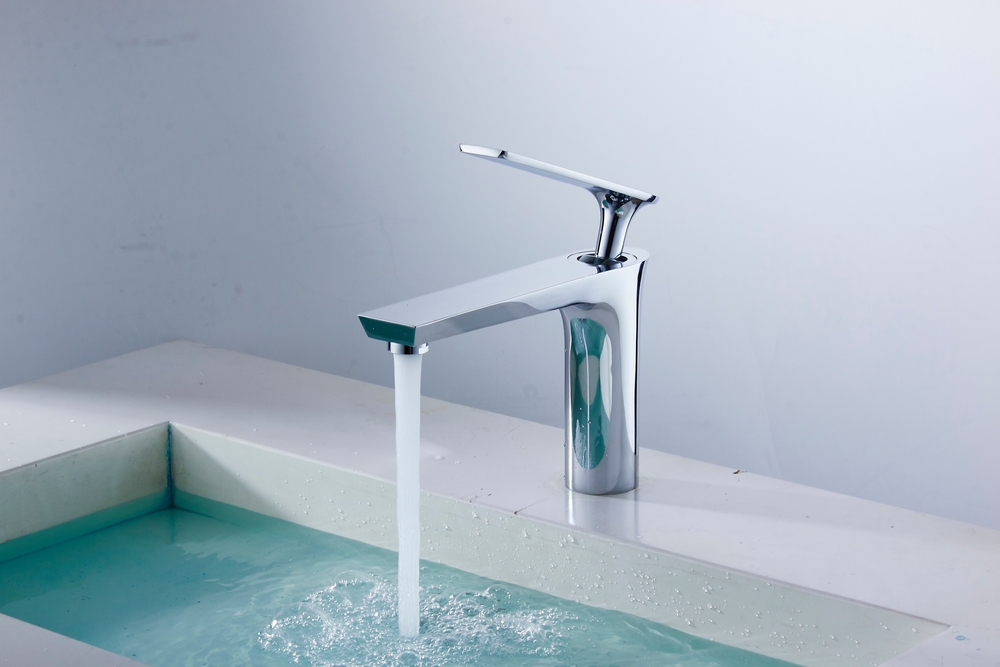
High-touch surfaces are breeding grounds for germs, and people often overlook them during regular cleaning sessions. Light switches, remote controls, doorknobs, and faucet handles are touched frequently but rarely cleaned with the same rigor as other household areas. Ignoring these surfaces can lead to a build-up of bacteria, which can easily spread illness. A quick wipe with an antibacterial cleaner can keep these areas sanitary and reduce the chances of germs spreading throughout the house. Implement this habit consistently, and you’ll see a noticeable improvement in your home’s cleanliness.
Make it a point to incorporate these surfaces into your regular cleaning schedule. A small investment in antibacterial wipes or a clean cloth with disinfectant can go a long way. Doing so doesn’t have to be time-consuming; a few extra minutes can make a significant difference. Designating these high-touch areas as priority cleaning spots can lead to a healthier home overall. Developing this habit can also help improve your family’s overall well-being by reducing the spread of common illnesses.
3. Overcrowding The Fridge
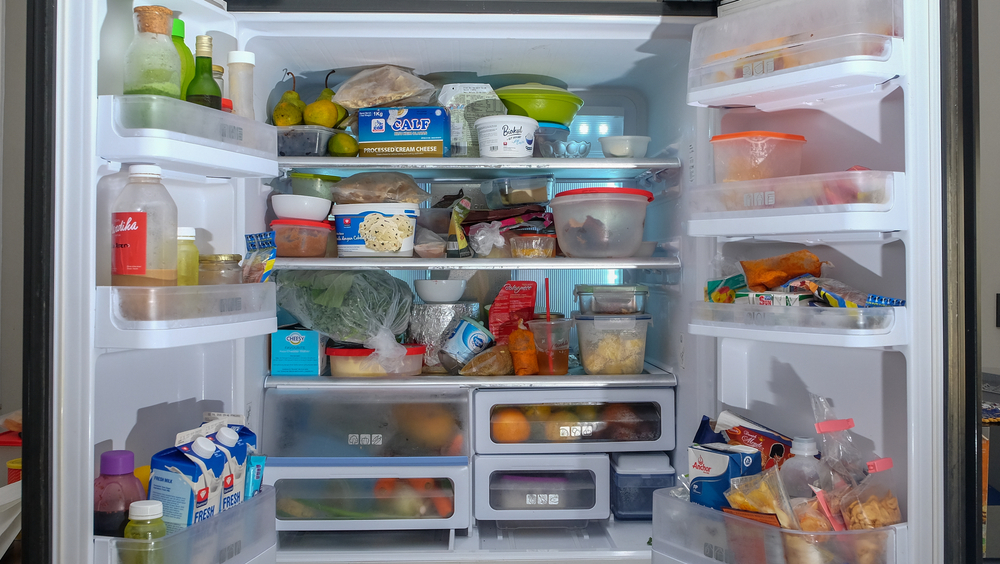
Stuffing the fridge full of food might seem like a good way to ensure you always have something to eat, but it can actually lead to quicker spoilage and a messier fridge. When the fridge is too full, air can’t circulate properly, causing the temperature to rise and food to spoil faster. According to a study by the University of California, overcrowded fridges can waste energy, making the appliance work harder and increasing the risk of overloading. A cluttered fridge also means it’s harder to see what you have, so you’re more likely to forget about items that can rot and make a mess.
To combat this, try to adopt a ‘first in, first out’ policy, using up older items before adding new ones. Regularly declutter by checking expiration dates and removing items you know you won’t use. Storing food in clear containers can also help you easily identify the contents and prevent forgotten leftovers. Keeping an organized fridge not only means less waste but a cleaner kitchen overall. Implement these simple practices to maintain your fridge’s efficiency and cleanliness.
4. Wearing Shoes Indoors
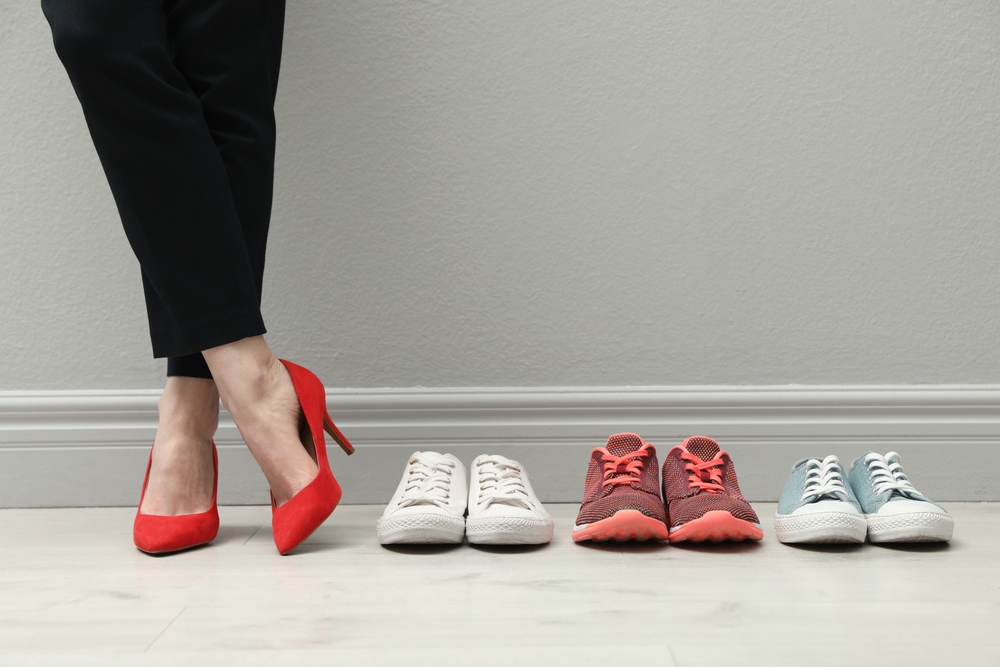
It might seem harmless to keep your shoes on when you get home, but this habit can significantly increase the dirt levels in your house. Shoes pick up all sorts of dirt and bacteria from outside and then track them onto your clean floors. Even if you’re diligent about wiping your feet on a doormat, small particles can still cling to your soles. Consider how much cleaner your floors could be by adopting a no-shoes policy. A simple change can drastically reduce the amount of floor cleaning required.
Encouraging a no-shoes rule can help maintain your home’s cleanliness and also extend the life of your flooring. Provide a space near the entrance for shoes and offer slippers or indoor-only footwear for added comfort. Additionally, a good quality doormat can help trap dirt before it enters your home. This small adjustment can make a significant impact on reducing dirt and bacteria in your living space. Plus, it adds to the overall hygiene of your home.
5. Neglecting Ceiling Fans
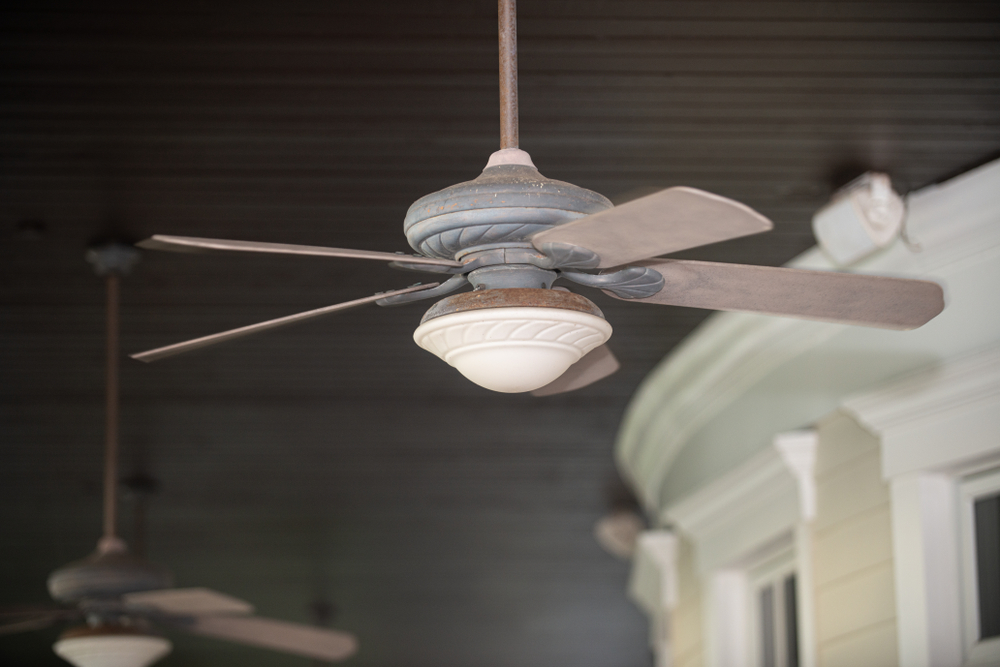
Ceiling fans are notorious for collecting dust, yet they often go forgotten in cleaning routines. When left unchecked, they can distribute dust particles throughout the room every time they’re turned on. Not only does this lead to increased dusting needs elsewhere, but it can also exacerbate allergies. A survey conducted by the American Cleaning Institute found that a significant percentage of people forget to clean their ceiling fans regularly. By simply incorporating them into your cleaning schedule, you can prevent dust from accumulating.
A quick wipe-down with a damp cloth or duster can keep your ceiling fans clean and dust-free. Regular cleaning every few weeks is usually enough to stop the build-up in its tracks and maintain a dust-free environment. This simple step can improve air quality and make your home feel fresher. With cleaner fans, you’ll breathe easier and enjoy a more comfortable space. It’s an easy fix with substantial benefits.
6. Misusing Air Fresheners
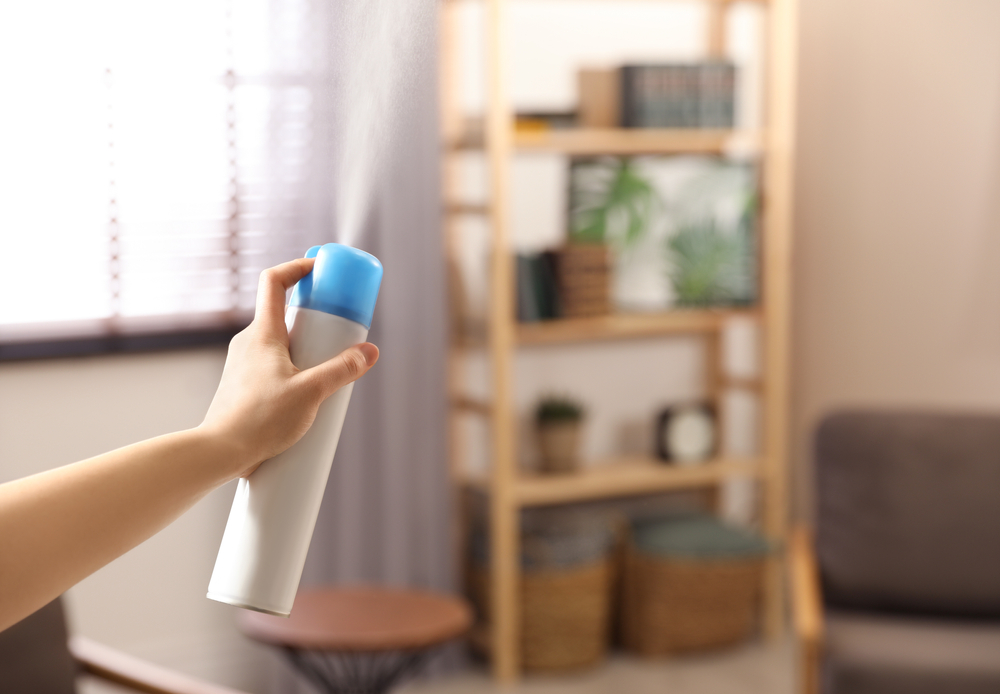
Air fresheners might seem like a quick solution to bad odors, but they often mask the problem rather than addressing the root cause. Overuse can lead to a build-up of chemicals in the air, which isn’t ideal for a healthy home environment. People sometimes rely on air fresheners to hide smells instead of cleaning the source of the odor. It can be more beneficial to identify and eliminate what’s causing the smell rather than covering it up. This approach contributes to a genuinely fresh environment.
Instead of reaching for an air freshener, take time to find and clean the source of unpleasant odors. Regularly empty trash bins, clean out the fridge, and ensure proper ventilation in your home. These steps can minimize unwanted smells and reduce the need for air fresheners. Consider using natural alternatives like plants or essential oils for a healthier approach to indoor scent management. A clean home doesn’t just smell fresh—it is fresh.
7. Forgetting About Curtains
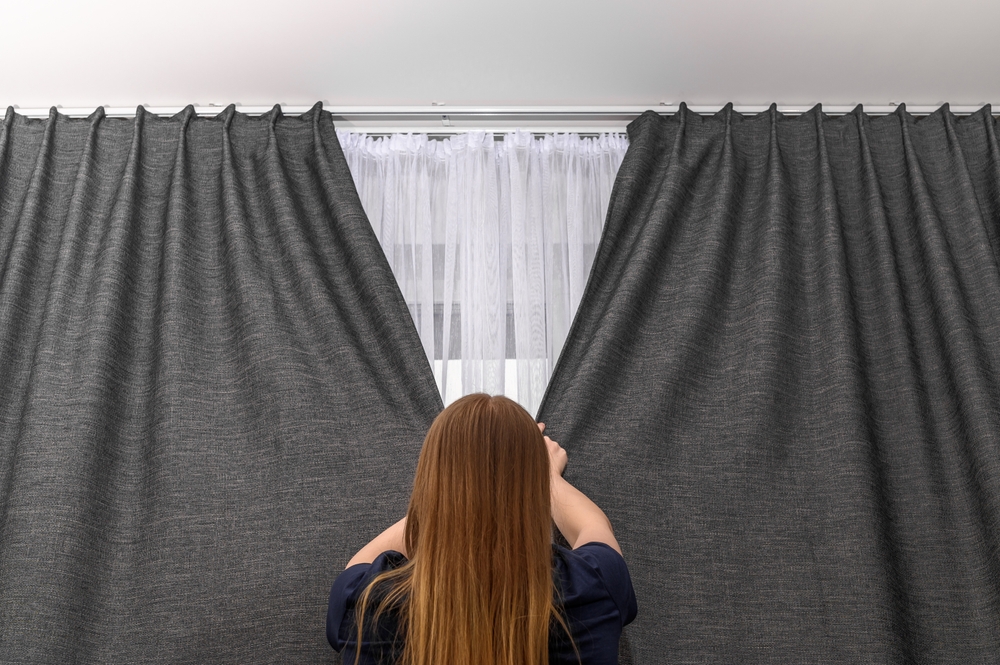
Curtains trap dust, odors, and allergens over time, yet they’re often neglected during cleaning regimens. Regular vacuuming or washing can prevent dirt from accumulating and improve the air quality in your home. A report from the Allergy and Asthma Foundation of America found that dust mites, often found in curtains, are a common cause of allergy symptoms. By keeping them clean, people can reduce allergens and maintain a healthier living space. It’s an easy task that pays dividends for both cleanliness and health.
Make it a habit to incorporate curtain cleaning into your seasonal deep-cleaning routine. Depending on the material, curtains might be machine washable or need a professional cleaning service. Keeping your curtains clean will not only improve the appearance of your windows but also enhance the overall ambiance of your rooms. Don’t underestimate the impact of seemingly small cleaning tasks. Investing time in these areas can lead to a safer, healthier home environment.
8. Overlooking Pet Areas
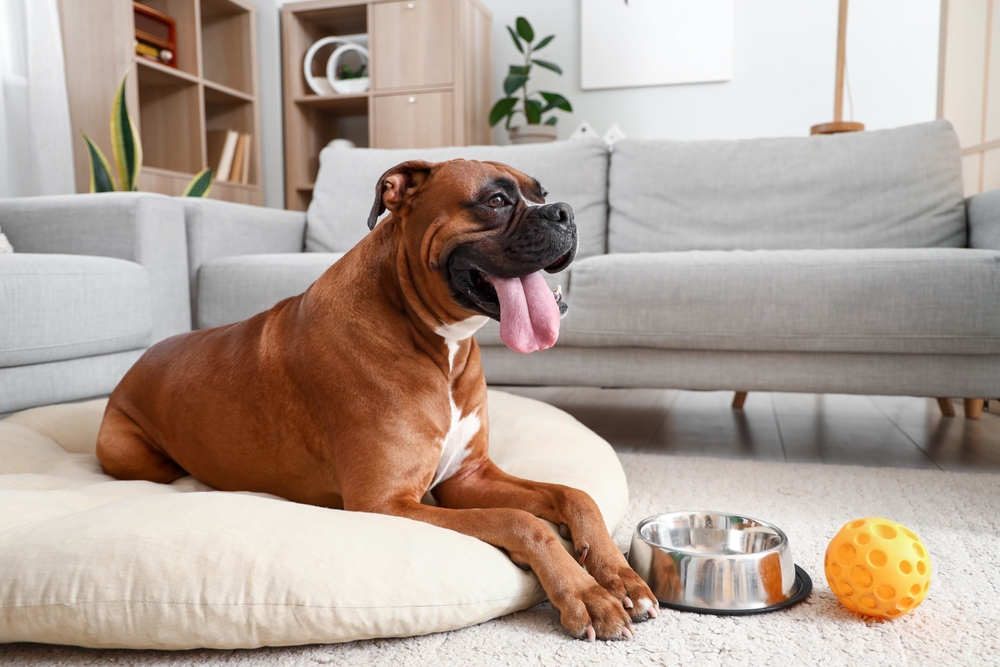
Pets bring joy and companionship, but they also contribute to household messes. Areas where pets sleep, eat, and play can quickly become dirty if not regularly attended to. It’s easy to forget these zones during routine cleaning, but neglecting them can lead to accumulated pet hair and odors. Regular maintenance is essential to keep these areas clean and smelling fresh. This not only benefits the pets but also the overall cleanliness of your home.
Make it a point to vacuum and wash pet bedding and clean feeding areas routinely. This practice helps control odors and reduces allergens, providing a more pleasant environment for both you and your pets. You might also consider investing in a good vacuum designed for pet hair, which can make this task easier. Regular cleaning of pet zones ensures a happier, healthier home for everyone. It’s a small effort that yields a great reward in maintaining cleanliness.
9. Not Cleaning The Garbage Disposal
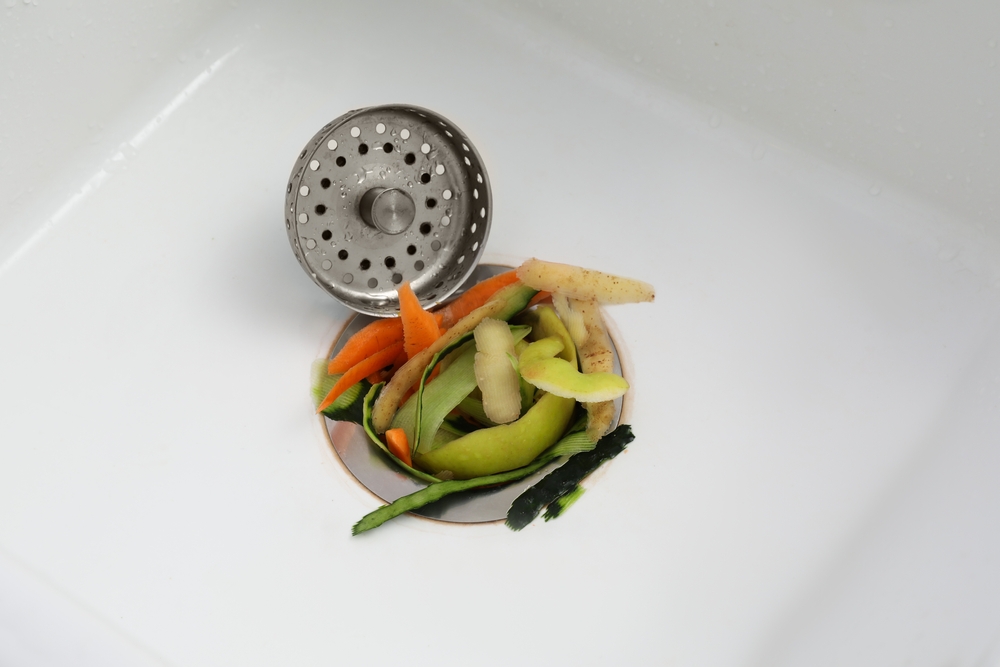
Garbage disposals are a convenient kitchen tool, but they can develop odors and bacteria build-up if not cleaned regularly. People often neglect this hidden area, assuming that water flow will keep it clean. Unfortunately, trapped food particles can lead to unpleasant smells and a germ haven. Regular cleaning can prevent these issues and keep your kitchen smelling fresh. Ignoring this appliance can detract from the overall cleanliness of your home.
An easy cleaning method involves grinding ice cubes and lemon peels to help remove food particles and add a fresh scent. Baking soda and vinegar can also be effective for deeper cleaning. By incorporating garbage disposal maintenance into your cleaning routine, you can ensure it remains efficient and odor-free. This simple task helps maintain a fresher and cleaner kitchen environment. Regular upkeep of your disposal is a practical step toward a spotless home.
10. Skipping The Baseboards
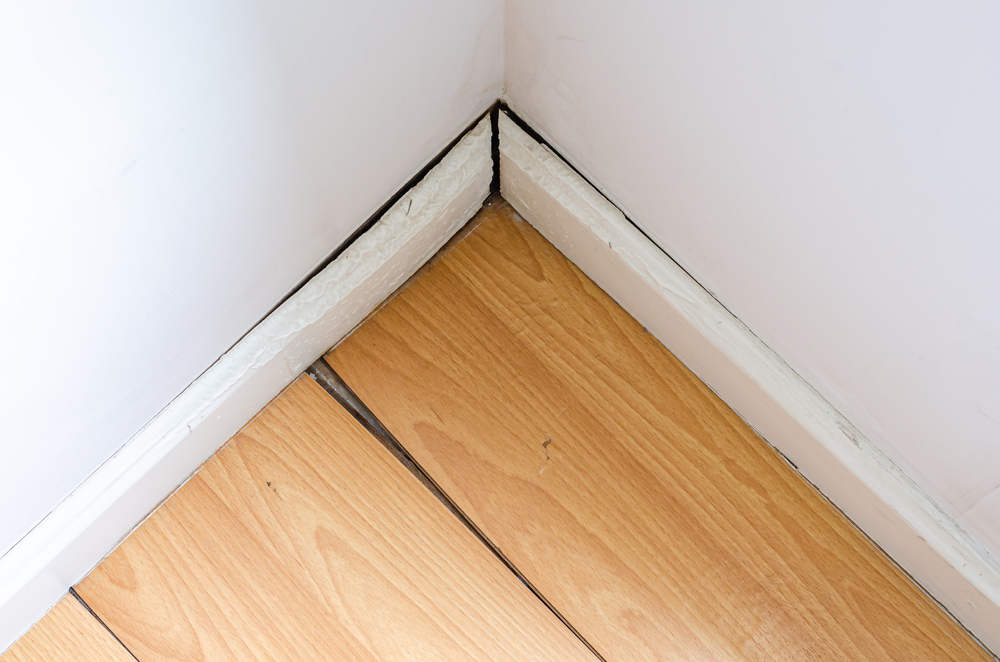
Baseboards are often overlooked, yet they accumulate dust and dirt over time, which can detract from the overall look of your home. Regular dusting and wiping can prevent grime from building up in these areas. Clean baseboards contribute to a polished appearance, making your rooms look fresher and more inviting. Ignoring them can create a stark contrast between clean walls and dusty edges. This simple task can make a significant difference in maintaining a pristine home.
Incorporate baseboard cleaning into your weekly routine by using a damp cloth or a vacuum attachment designed for edges. Consistent attention can prevent dirt accumulation and reduce the need for intensive cleaning later. You’ll be surprised at how much cleaner your home feels when baseboards are regularly maintained. A little extra effort in this area can go a long way in enhancing your home’s overall cleanliness. It’s a small detail that has a big impact on your living space.
11. Letting Clutter Pile Up
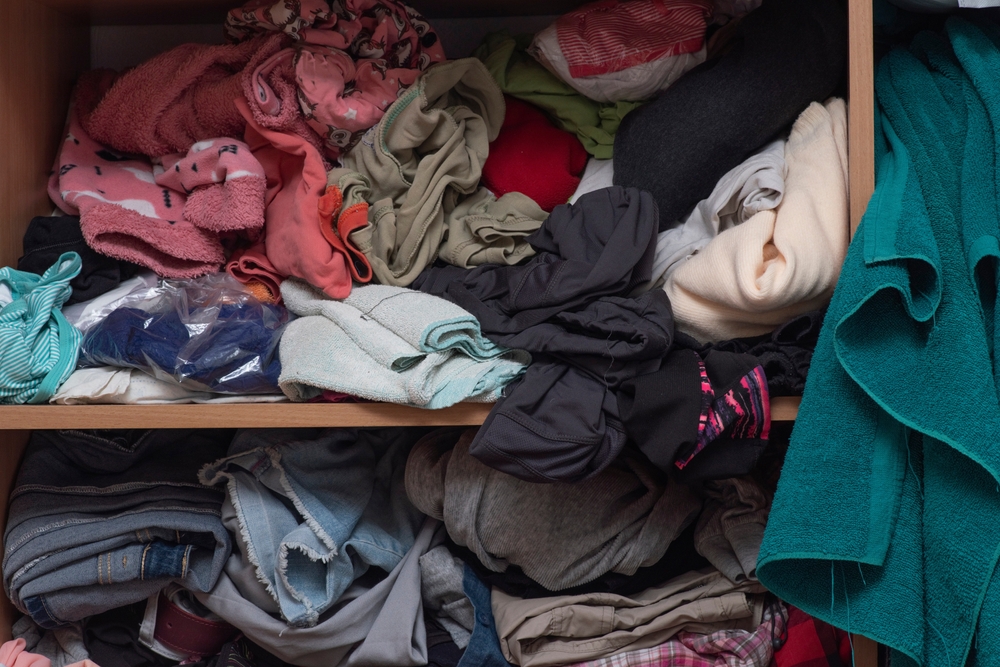
Clutter is more than just an eyesore; it can also make cleaning more difficult and less effective. When surfaces are covered in items, it’s challenging to dust, wipe, and sanitize properly. This can lead to dust accumulation and even mold growth if items are left undisturbed for too long. Tackling clutter requires regular attention and the willingness to part with items you no longer need. A clutter-free environment doesn’t just look better; it’s easier to keep clean.
Adopt a minimalist approach by regularly assessing your belongings and donating or discarding items that are no longer useful. Keeping surfaces clear makes cleaning easier and more effective, contributing to a healthier home environment. Storage solutions can also help manage clutter, providing a neat and organized appearance. A tidy home is not only more visually appealing but also more functional and easier to maintain. Embracing simplicity is a practical step toward a cleaner lifestyle.
12. Leaving Dishes In The Sink
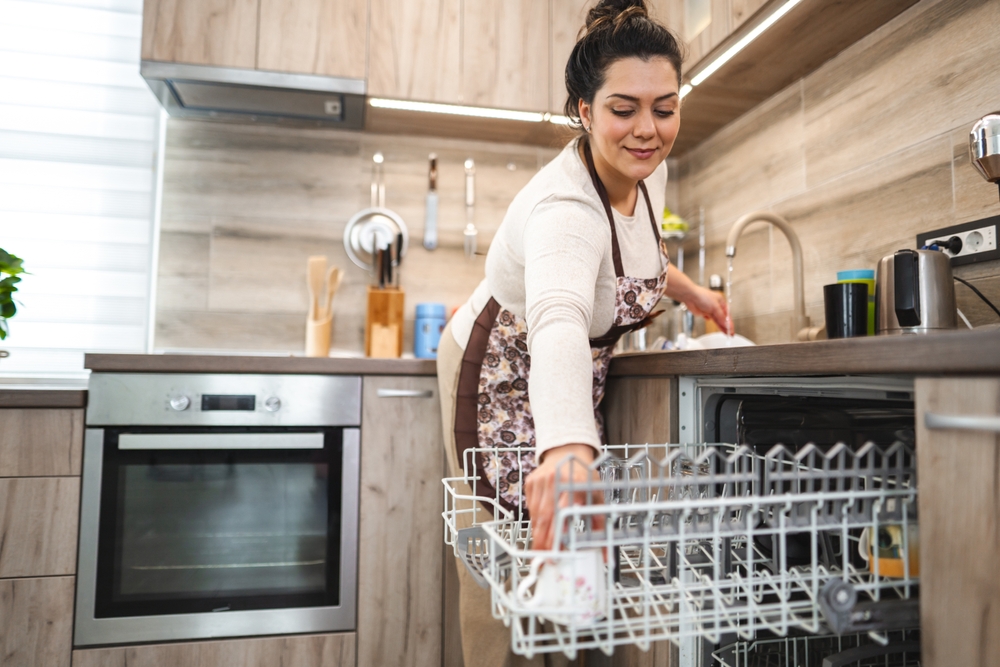
Leaving dishes in the sink leads to unpleasant odors and can attract pests if not addressed promptly. Over time, dirty dishes can become breeding grounds for bacteria, affecting the cleanliness of your kitchen. People often underestimate the impact of letting dishes pile up, but this habit can significantly contribute to a messier home. Making a habit of cleaning dishes immediately after use can prevent these issues. A clean sink is the foundation of a tidy kitchen.
Commit to a routine where dishes are washed or loaded into the dishwasher right after meals. This practice prevents food residues from hardening, making cleaning easier and more efficient. A clean kitchen sink not only looks better but also promotes a fresher, more hygienic environment. This small change in routine can drastically improve your kitchen’s vibe. Regular dishwashing is a simple task that pays off in maintaining a clean living space.
13. Neglecting Air Vents
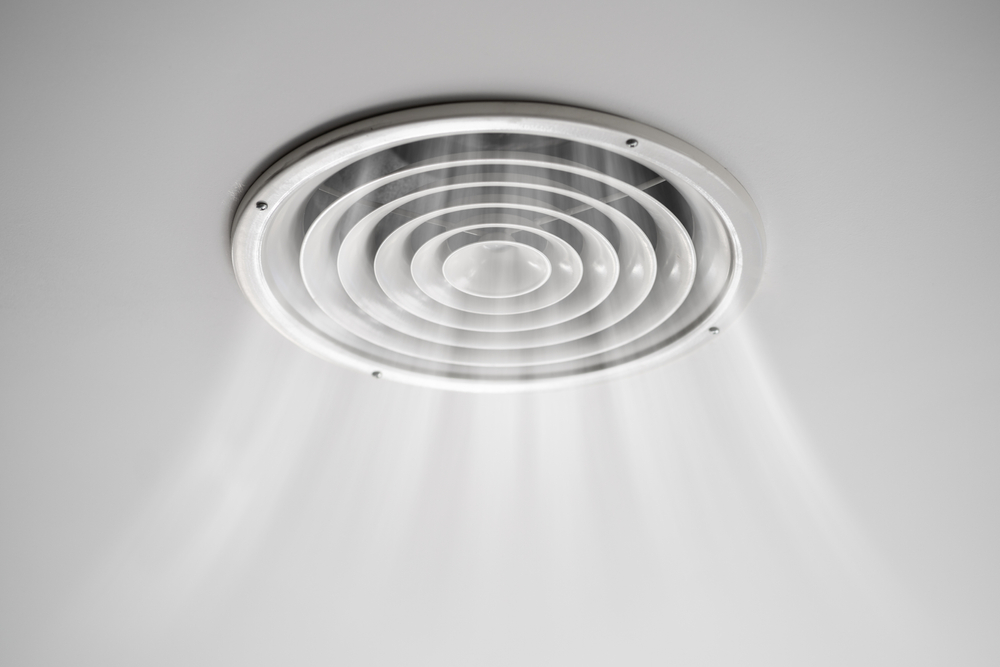
Air vents are essential for maintaining a comfortable home environment, yet they often go neglected in cleaning routines. Dust and debris can accumulate in vents, affecting air quality and system efficiency. Regular cleaning of air vents can prevent these issues and enhance your home’s overall cleanliness. People often overlook this task, but it’s crucial for maintaining a fresh and healthy environment. Clean vents contribute to better air circulation and a cleaner home.
Make it a point to vacuum air vents regularly and, if possible, have your HVAC system serviced annually. These steps ensure that your air system operates efficiently and reduces dust throughout your home. Clean air vents can lead to improved air quality and reduce allergens in your living space. Regular maintenance in this area can contribute significantly to your home’s health. Prioritizing air vent cleaning is a simple way to boost your home’s cleanliness and comfort.


